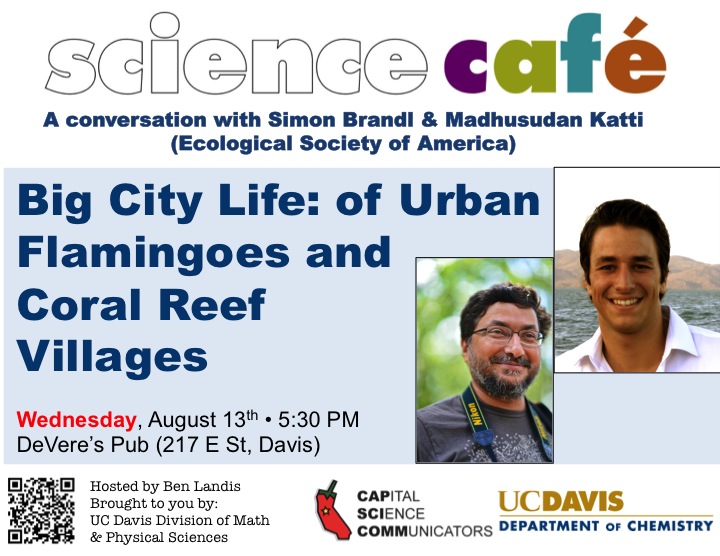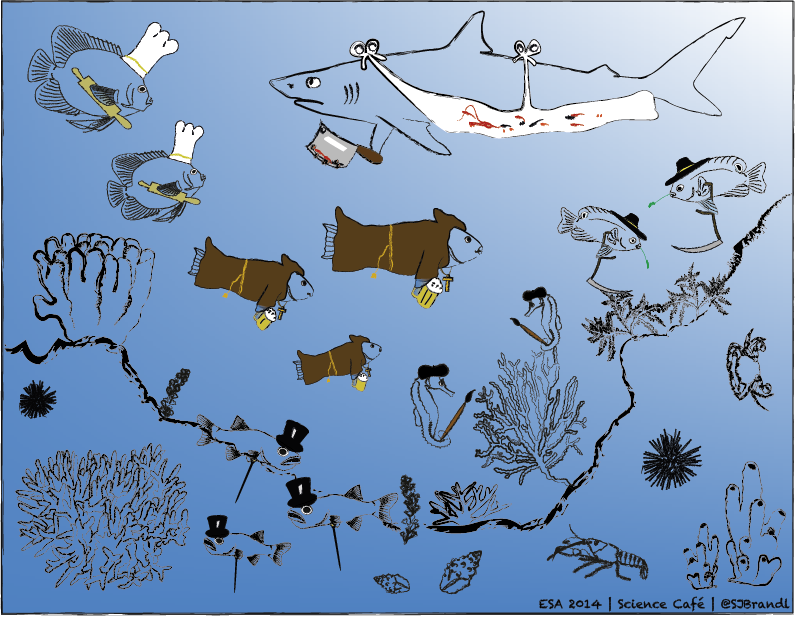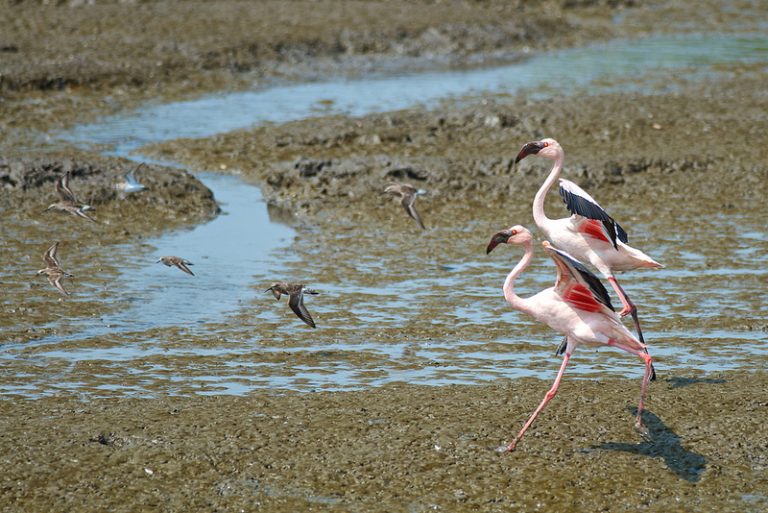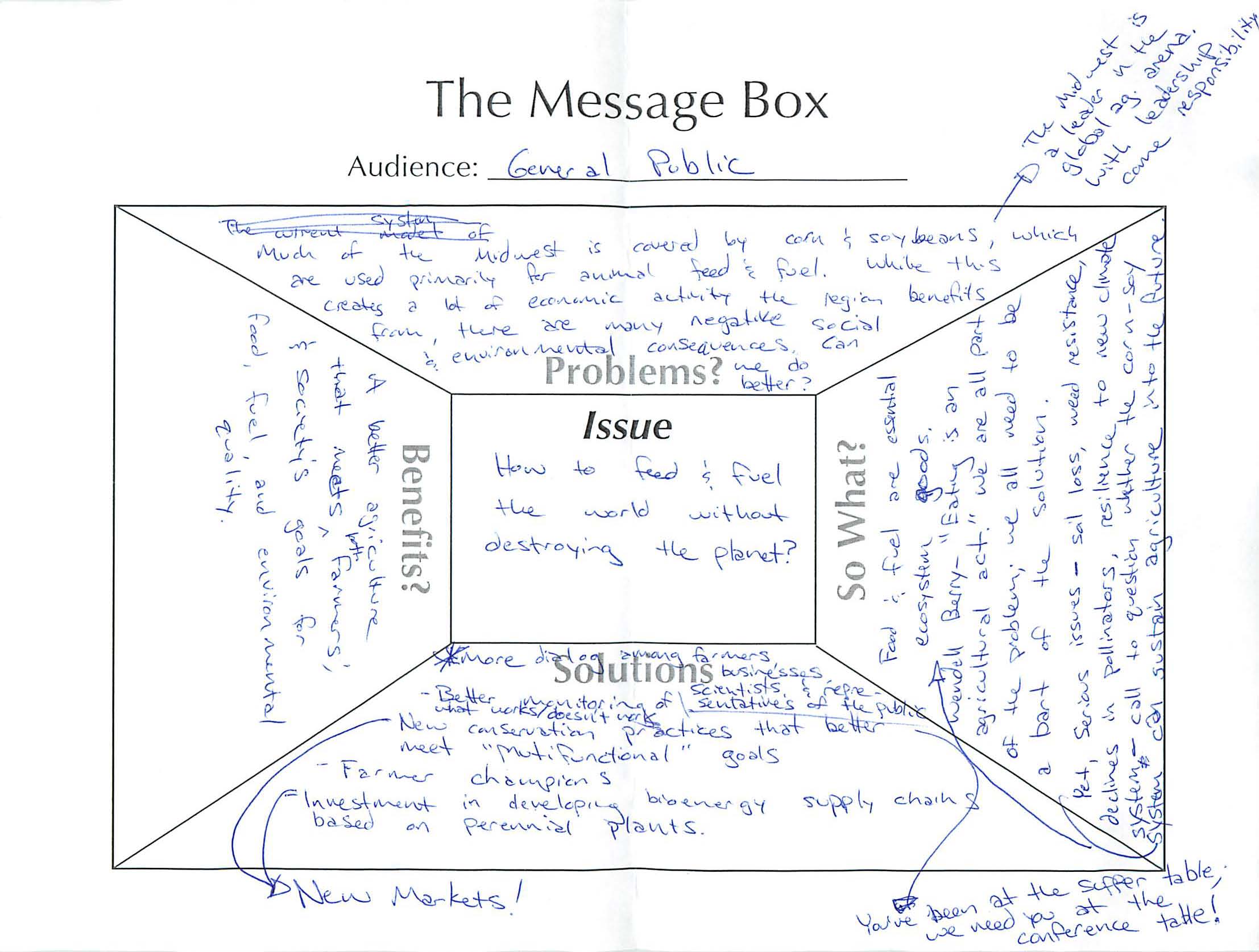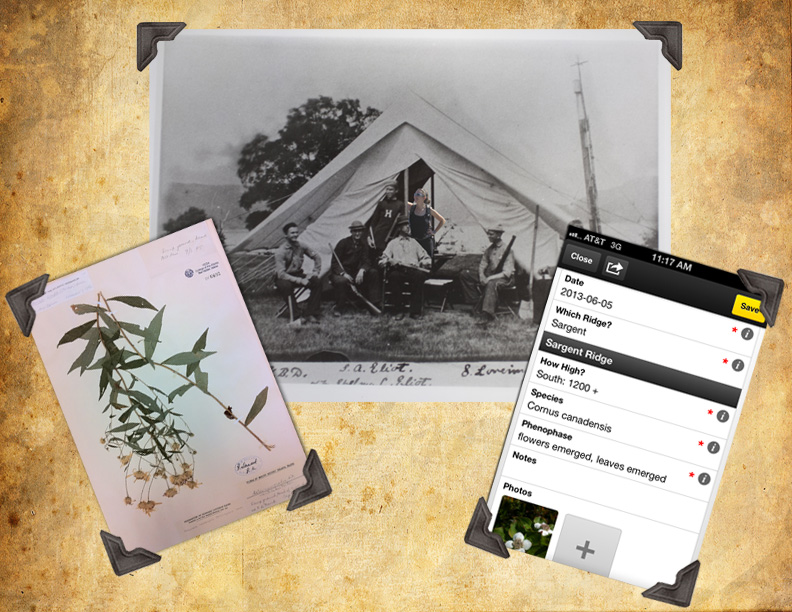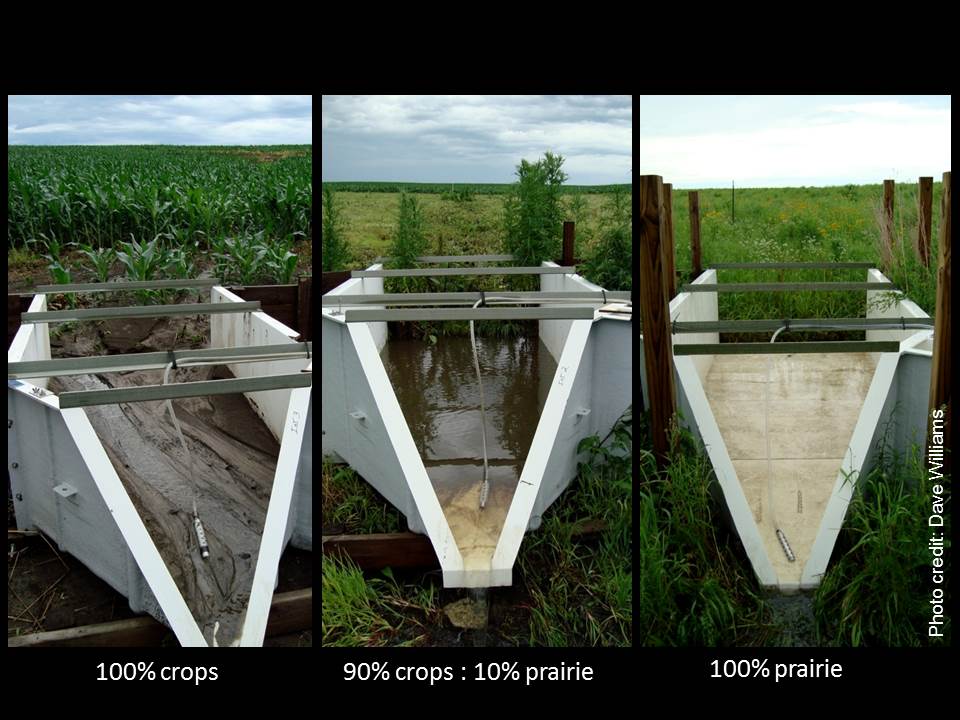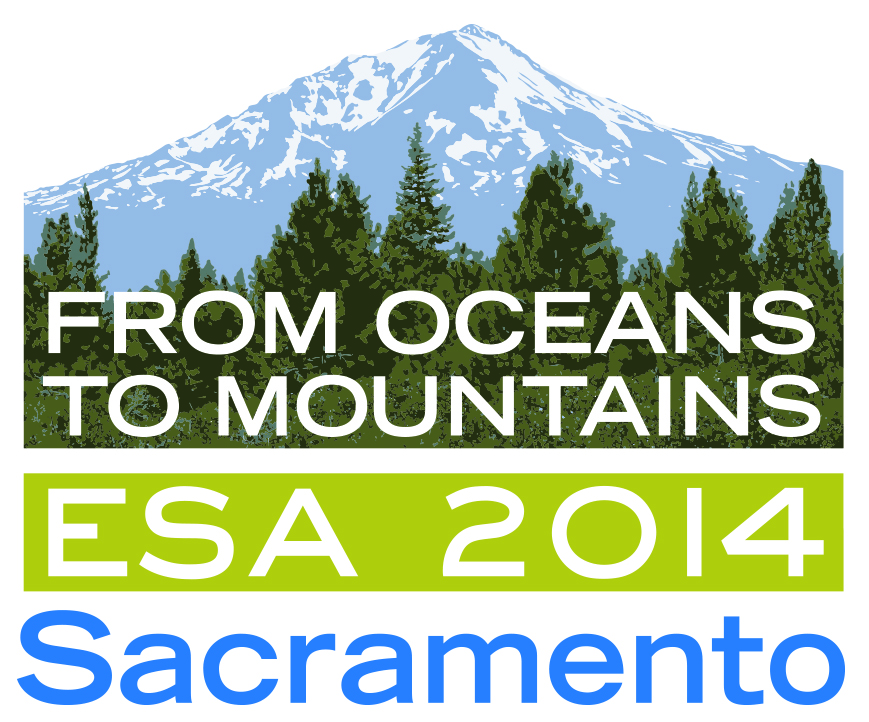
ESA’s 2nd annual Science Cafe Prize — take your science out of the box
Have a science story you want to tell? Send in your pitch for our public pub talk at the Ecological Society’s 99th Annual Meeting this summer. Contest deadline: Friday, 30 May 2014.
